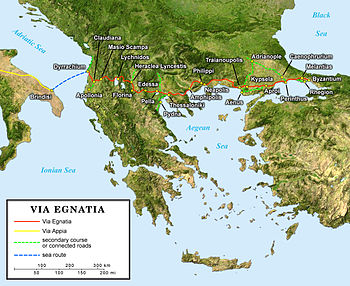hvered:
'The question of Basque settling for instance; could it be when Spain's empire went bankrupt, more or less coinciding with north-west Europe's Industrial Revolution, or even more latterly during the Franco years? Would a Basque refugee be more likely to go to at least nominally Catholic Ireland?'
Your assumption here is that Basques emigrated at various periods for different reasons.
Many of them did. Many children were evacuated to Britain at the time of the Spanish civil war.
http://www.basquechildren.org/http://www.thenorthernecho.co.uk/histor ... orth_East/Lots of refugees fled to France of course.
I imagine many emigrated during the industrial revolution although I would have imagined that Ireland would not have figured prominently for that reason. If they were looking for a Catholic country to settle in they would have had a very large choice all over nearby southern Europe.
The Irish did have volunteers in the International Brigade but there were also IRA supporters, the Blue Shirts, fighting for Franco. Perhaps the Catholic church could have rescued 'good Catholics' but I doubt if they would have done much for Republicans.
Regarding DNA. Roman commentators commented on the visual appearance of the Silures in South Wales claiming they looked more like the inhabitants of Spain with their black hair and other features. Similarly in Ireland there is always the question of the 'black Irish' who are similar in appearance.
On average the people of North Wales tend to be much fairer even today than their compatriots in the south.
I think the argument about DNA rests on changes in its structure over the generations which is why the 'experts' argue that 'Saxon' DNA in England is older than its counterpart in the supposed homelands of these people. This is used to claim that the 'Saxons' whoever they were were already in England a very long time before the 'Saxon invasions'.
If we accept that there was an ice age which ended around ten thousand years ago it seems logical that the inhabitants of the north would move south and once the thaw set in start to return, presumably following the various animal herds.
We know from the sonographic exploration of the north sea and the Irish sea that the British Isles did form an extension of western Europe so it is logical that those people moving northwards would eventually find themselves in all parts of Britain including the western areas of what were to become Ireland, Scotland and Wales. Many more would have settled in those areas now under the seas and others on the central and eastern parts of what is now Britain.
The DNA mentioned by Oppenheimer in north west Wales is specifically not associated with the Basques which is why he points out that it closely matches that of the region of Albania. His proposition that this settlement was connected with Copper mining and a trade with the eastern Mediterranean and the Adriatic could easily fit in with discussions on this site about the trade in minerals between Britain and that area.


